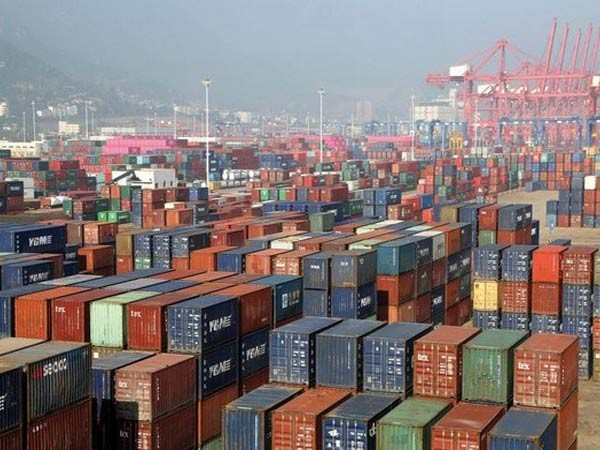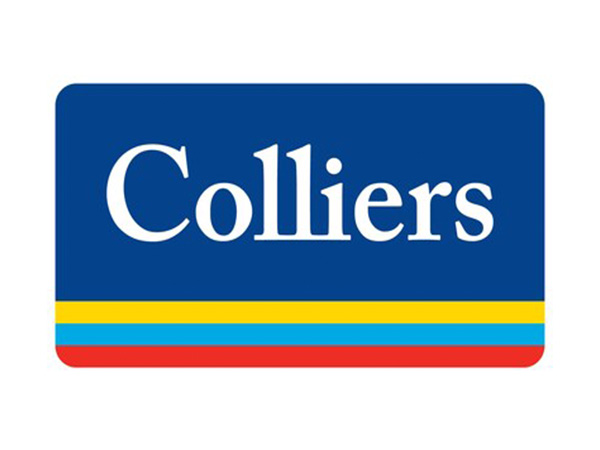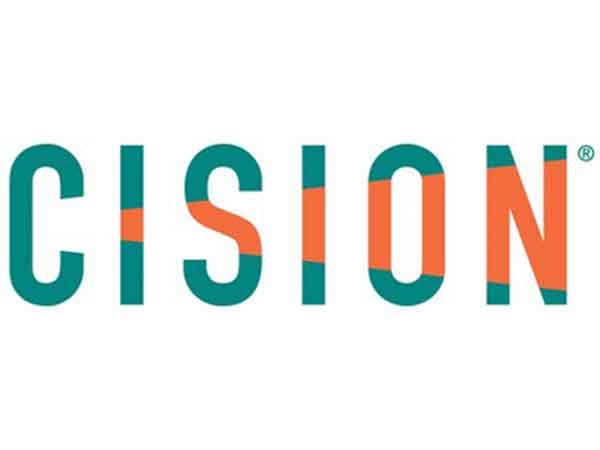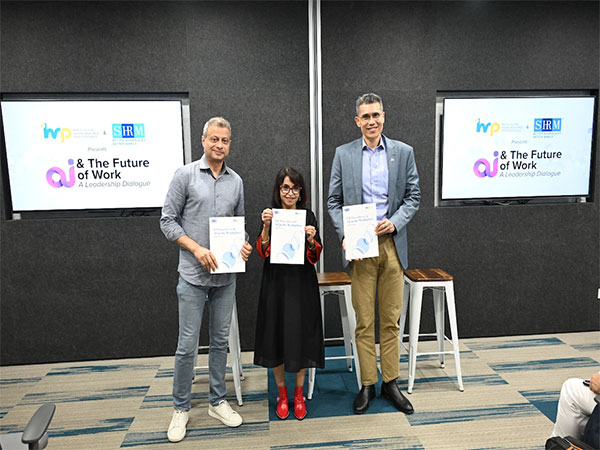Production, consumption rebound in Sept. despite resurgence in virus cases
Oct 29, 2021
Seoul (South Korea), October 29: South Korea's industrial output and retail sales rebounded in September in the latest sign that economic recovery momentum has been maintained despite the fourth wave of the pandemic, data showed Friday.
Industrial output rose 1.3 percent in September from the previous month, following a 0.2 percent on-month decline in August, according to the data compiled by Statistics Korea.
From a year earlier, industrial output rose 1.4 percent.
Retail sales, a gauge of private spending, also rebounded in September as the accelerating vaccine rollout and eased social distancing rules helped spur spending. Retail sales grew 2.5 percent on-month in September, a turnaround from a 0.8 percent on-month fall in August.
The country's industrial output and retail sales increased for the first time since June.
But facility investment decreased 1 percent on-month last month due to disruptions of the global supply of auto chips, following a 4.6 percent drop in August.
The statistics agency said economic recovery momentum showed improvements last month after it tapered for the second straight month in August.
"Production and spending improved, helped by an increase in service output and robust retail sales," Eo Woon-sun, a senior Statistics Korea official, told reporters.
The South Korean economy is on a recovery track on the back of robust exports of chips and autos.
While the flare-up in COVID-19 cases sapped private spending, experts said the current wave of the pandemic does not appear to be serious enough to derail the economic growth.
Asia's fourth-largest economy grew 0.3 percent in the third quarter from three months earlier, slowing from a 0.8 percent on-quarter gain in the second quarter, according to central bank data.
Output in the manufacturing sector declined, affected by the global supply chain disruptions, but service production increased due to the vaccine rollout and the provision of emergency relief funds.
Last month, output in the mining, manufacturing, gas and electricity industries decreased 0.8 percent, led by a decline in production of autos and machinery. Automobile output fell 9.8 percent on-month amid chronic shortages of auto chips.
But service output increased 1.3 percent on-month, rebounding from a 0.8 percent decline in August. Output in the accommodation and eatery sector, hit hard by the COVID-19 pandemic, gained 10.9 percent, marking the biggest expansion in seven months.
Exports, which account for half of the economy, remain solid despite global supply chain disruptions. The country's overseas shipments grew 16.7 percent on-year in September, extending their gains to the 11th straight month.
Private spending contracted 0.3 percent in the July-September period from three months earlier, slowing from a 3.6 percent on-quarter gain three months earlier.
Since July 12, the greater Seoul area, home to half of the country's population of 52 million, has been under the toughest distancing rules, which include restrictions on business operations and private gatherings.
South Korea plans to gradually return to a normal life with eased virus restrictions starting next month under the "living with COVID-19" scheme.
Policymakers expect a return to normalcy will boost private spending.
The Bank of Korea kept its 2021 growth outlook for the Korean economy at 4 percent, despite the flare-up in virus cases.
Source: Yonhap








